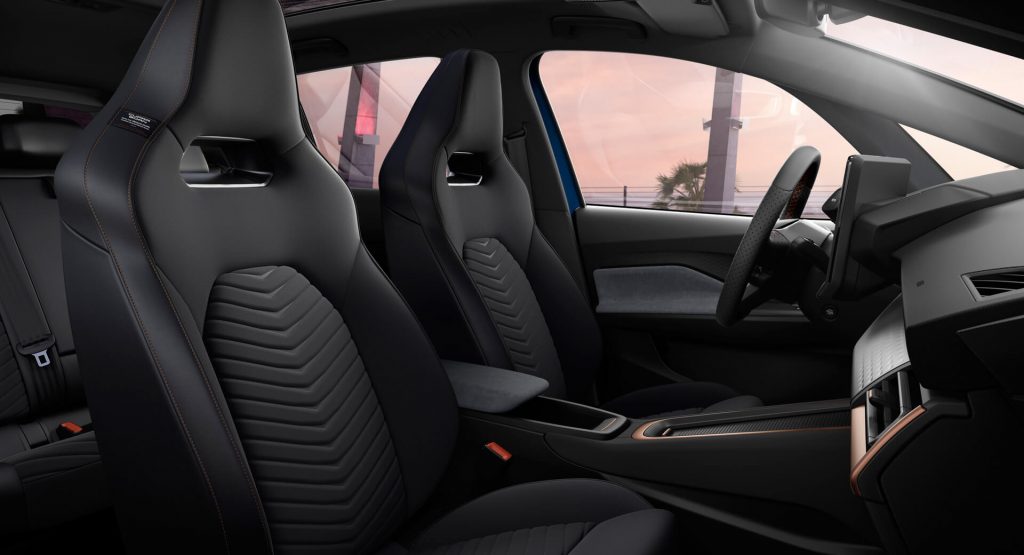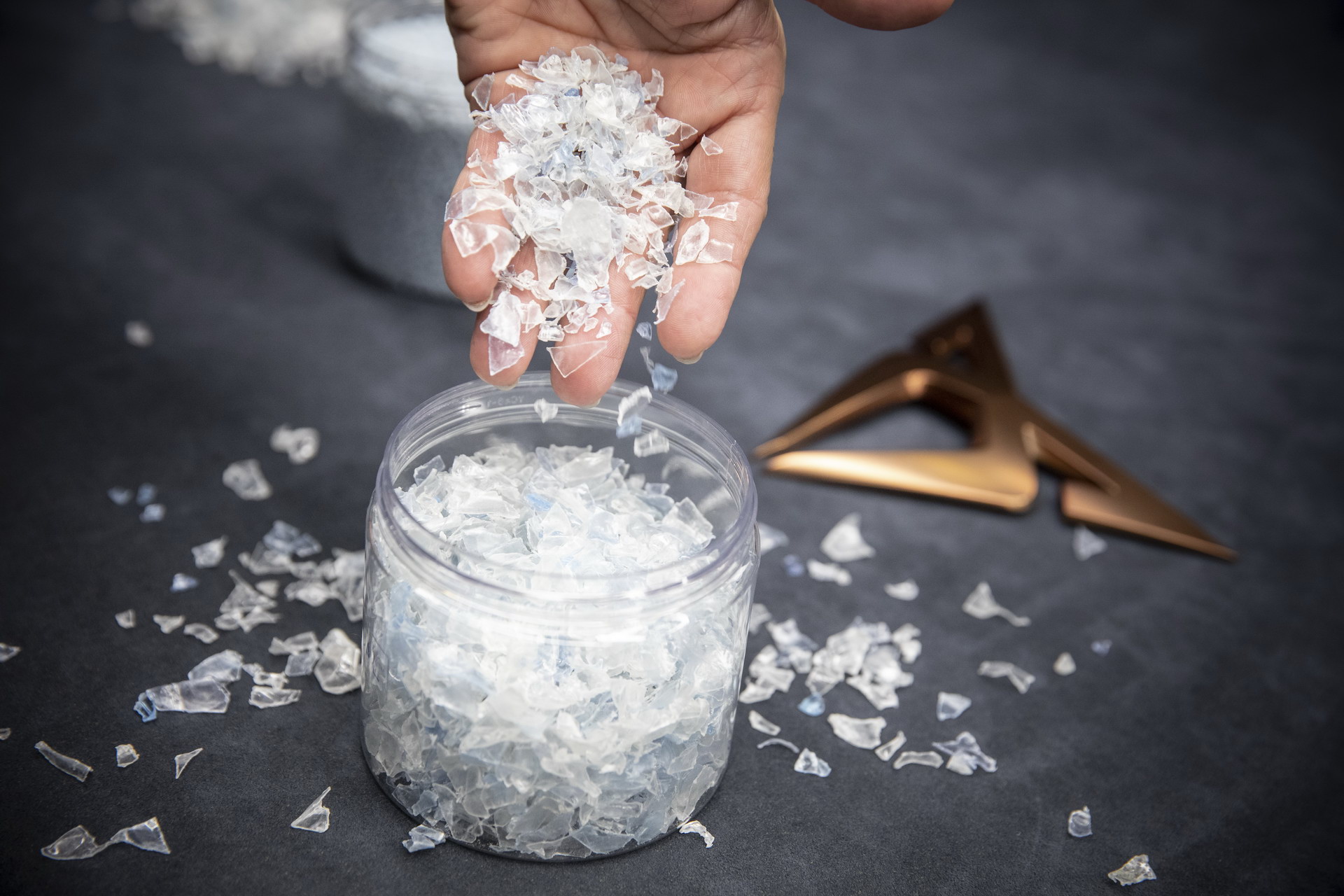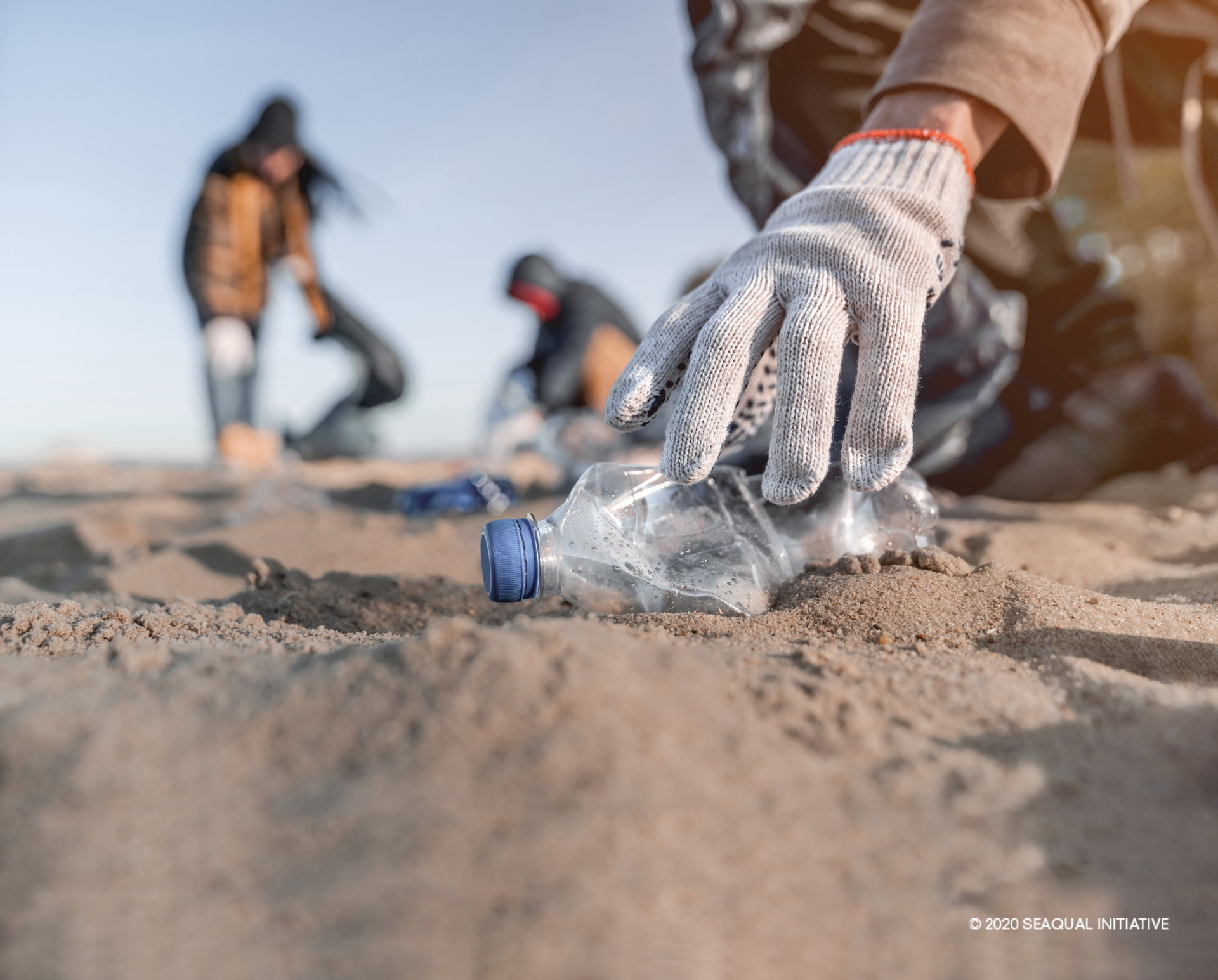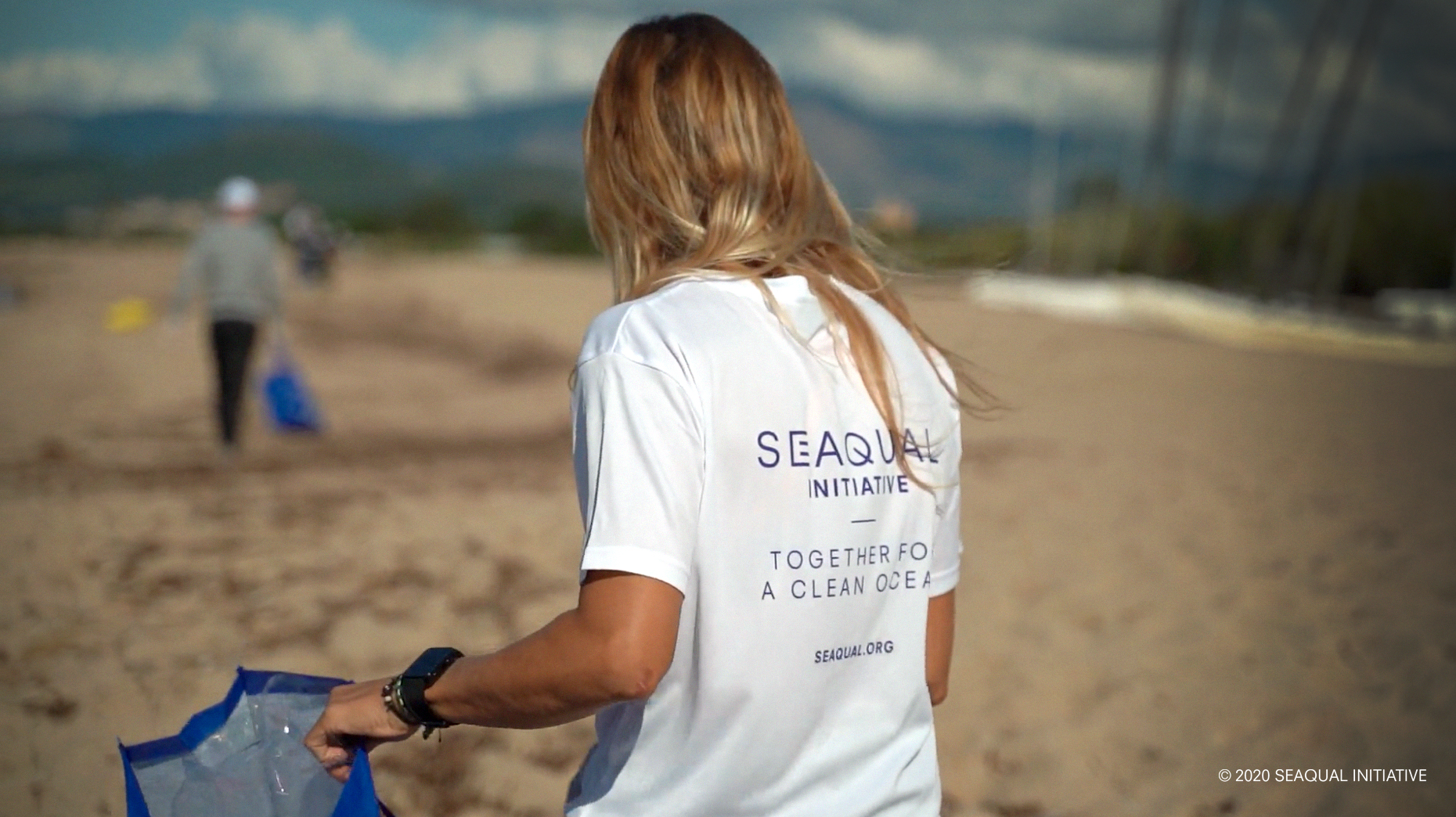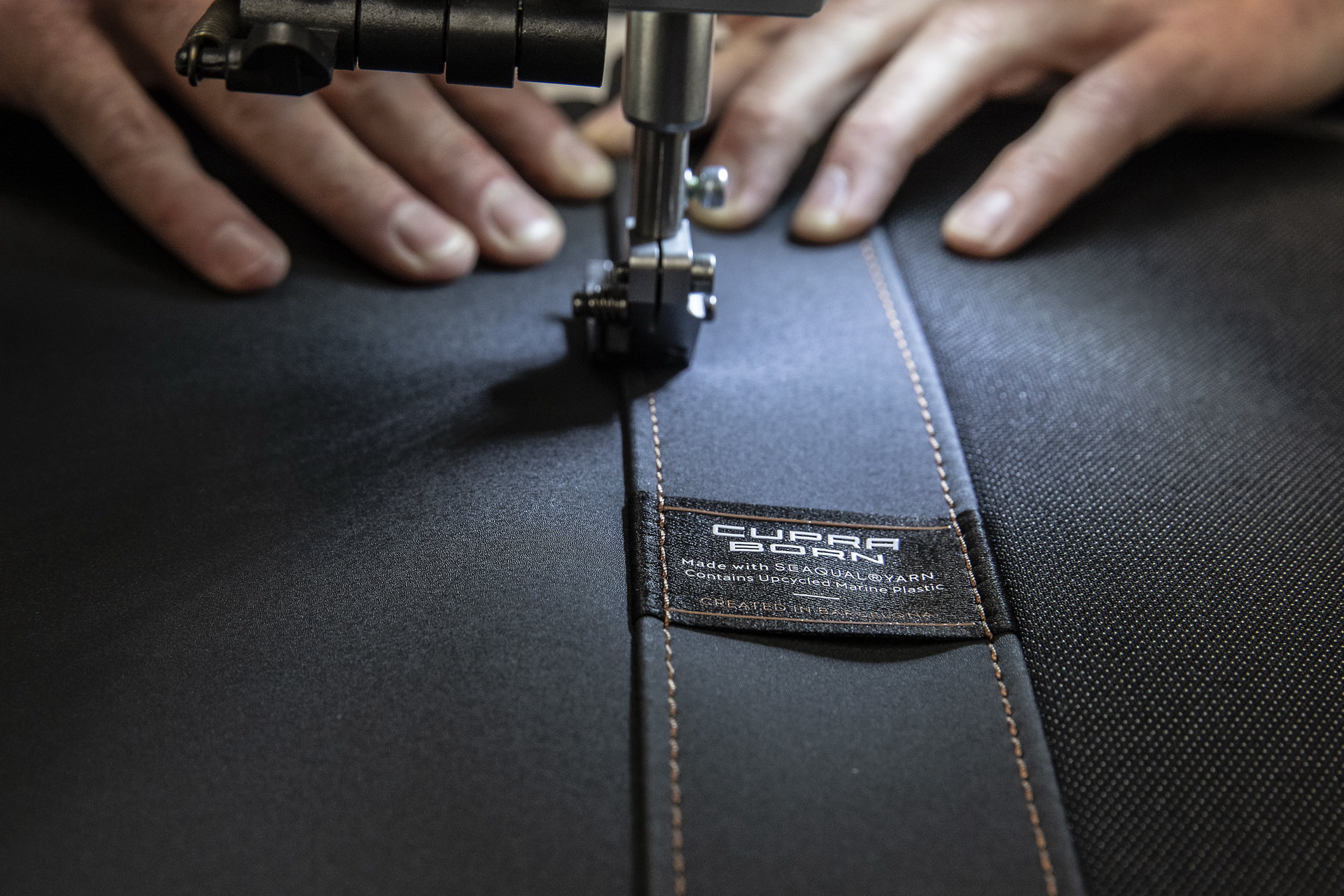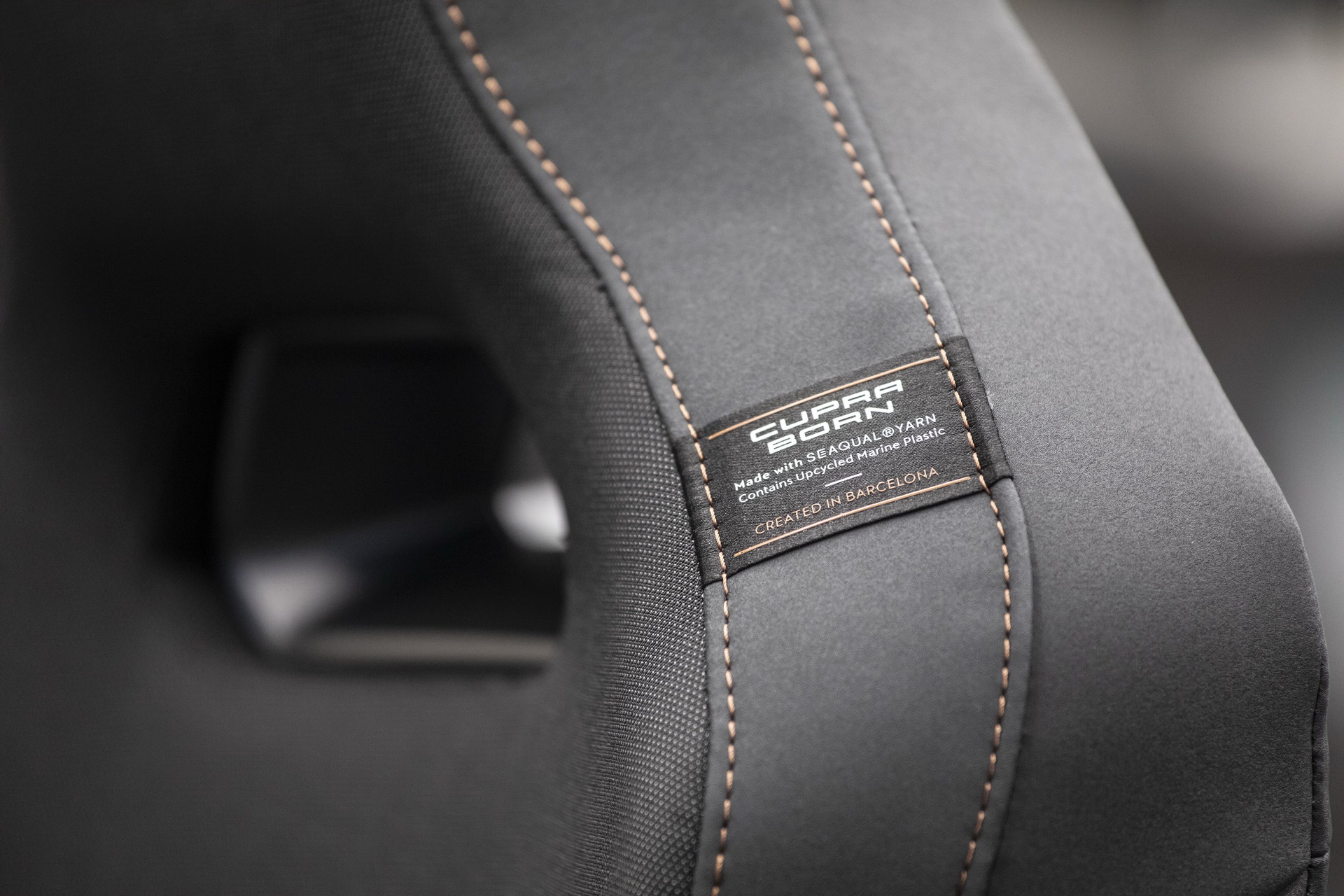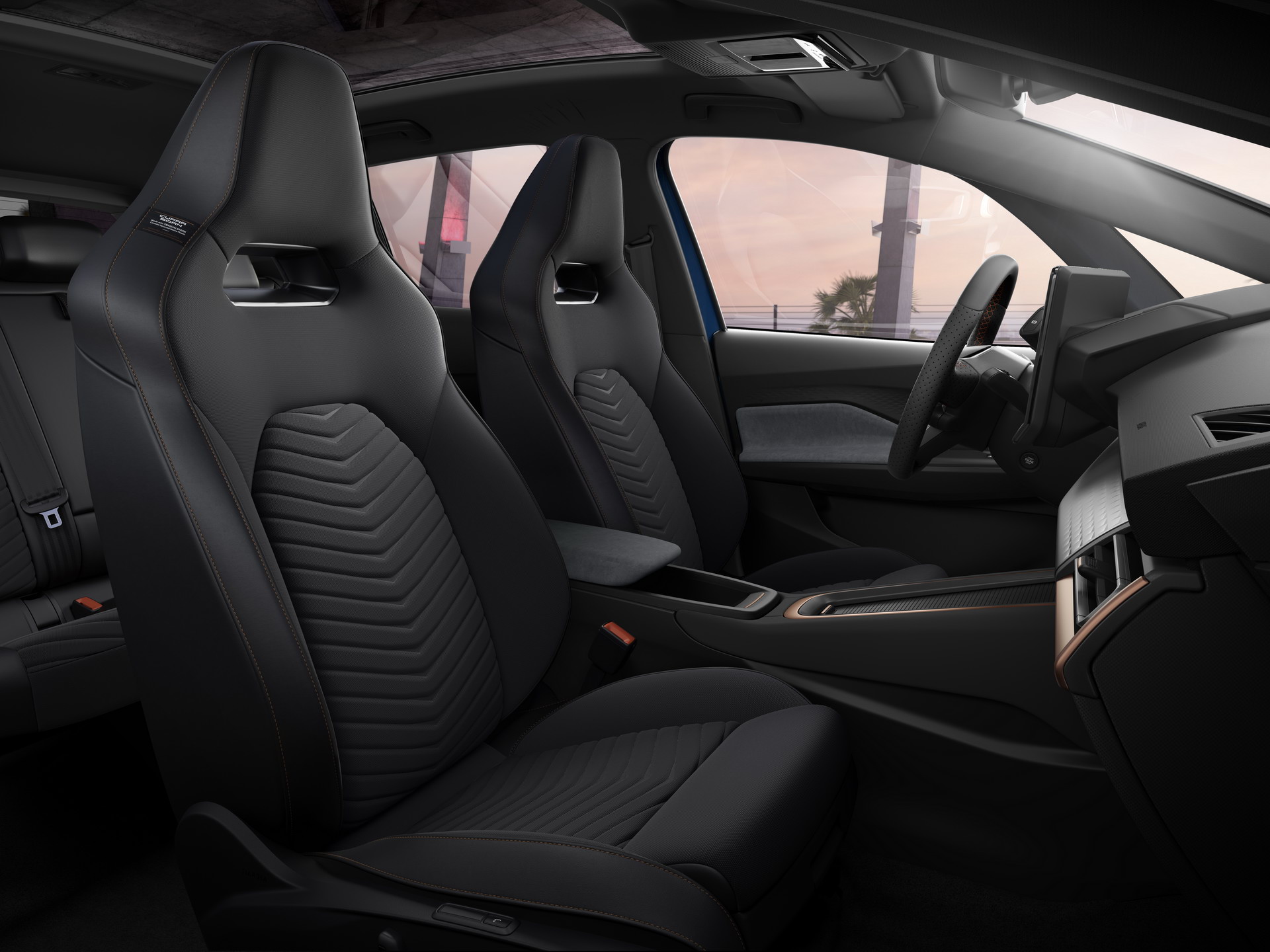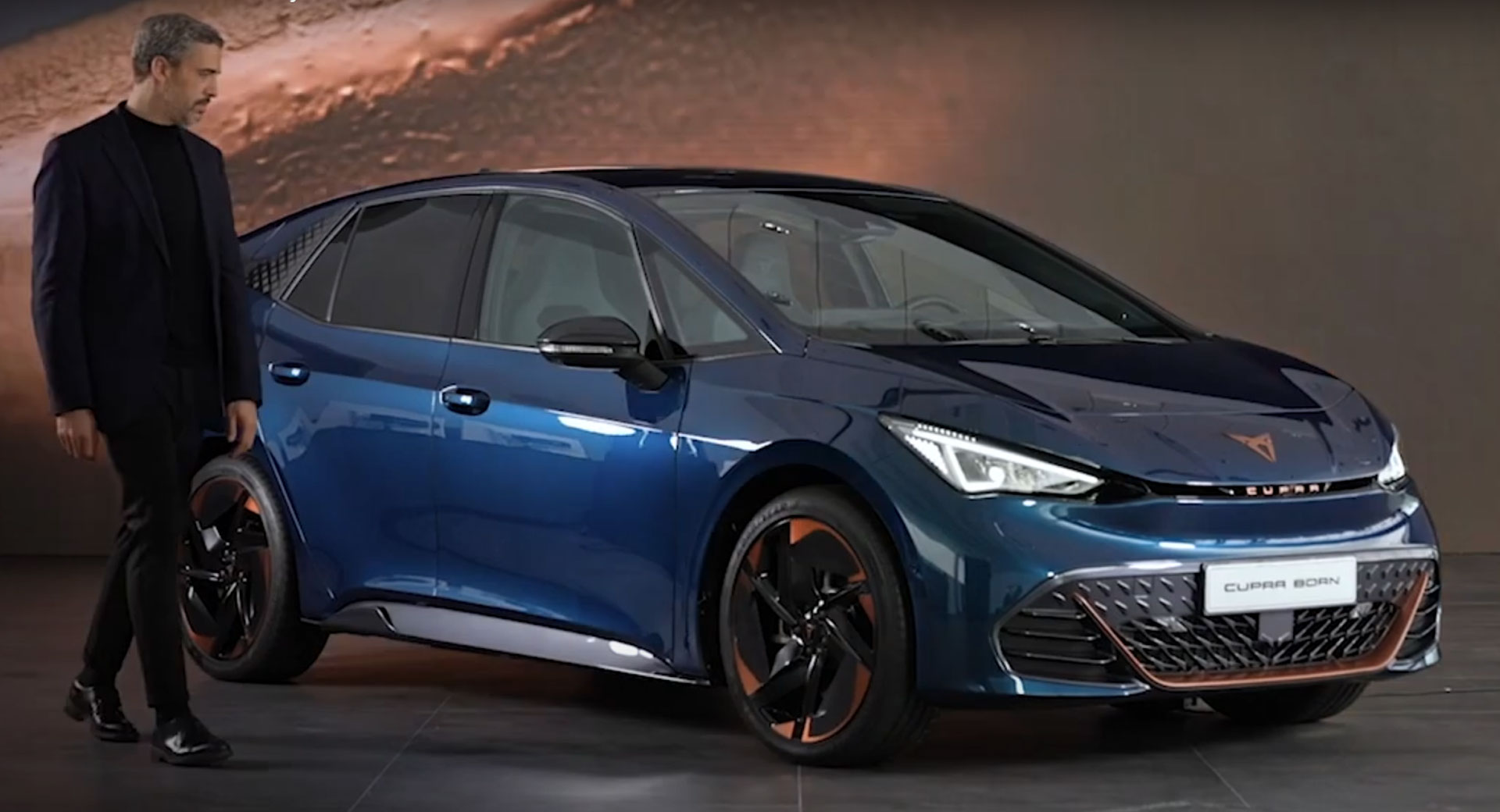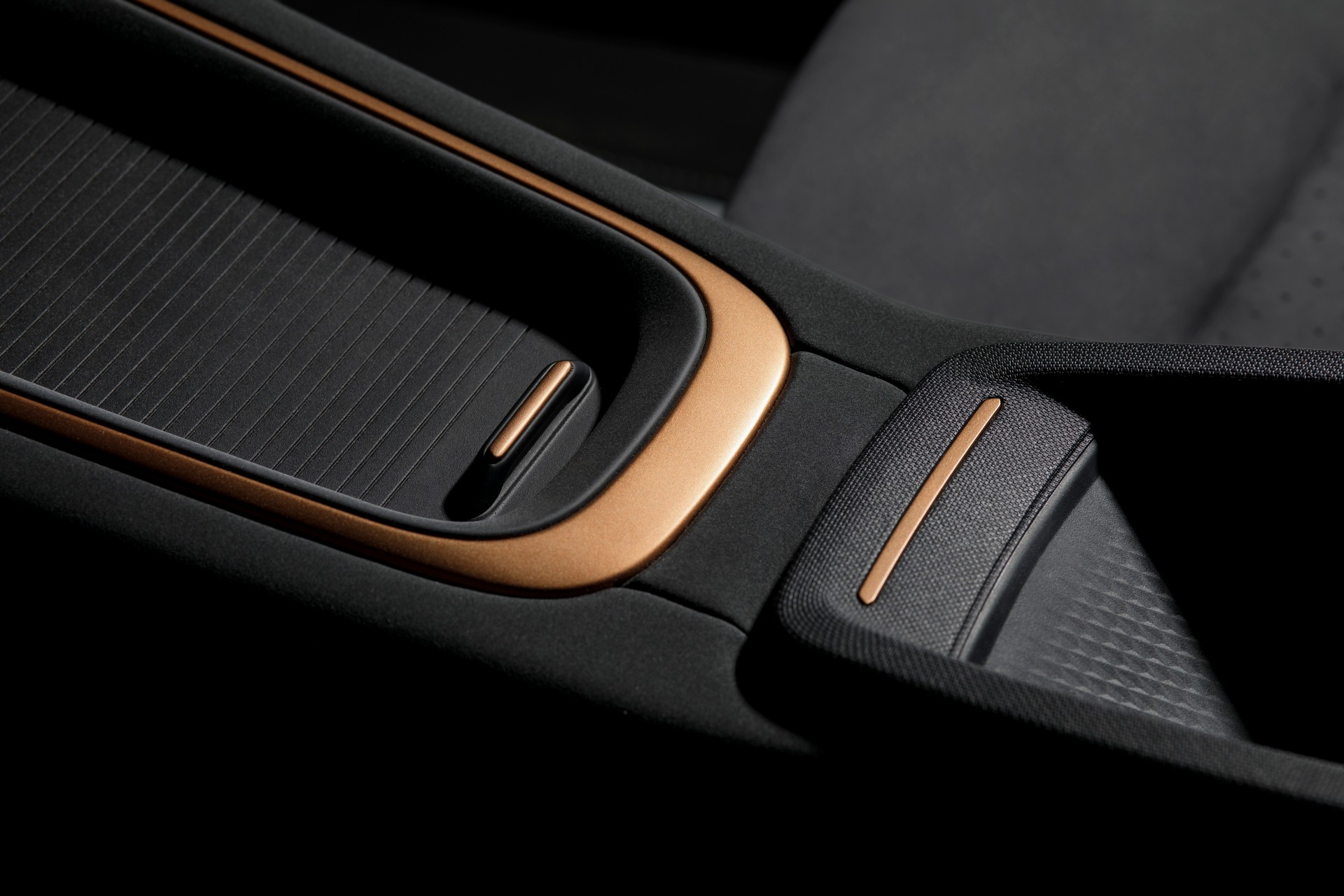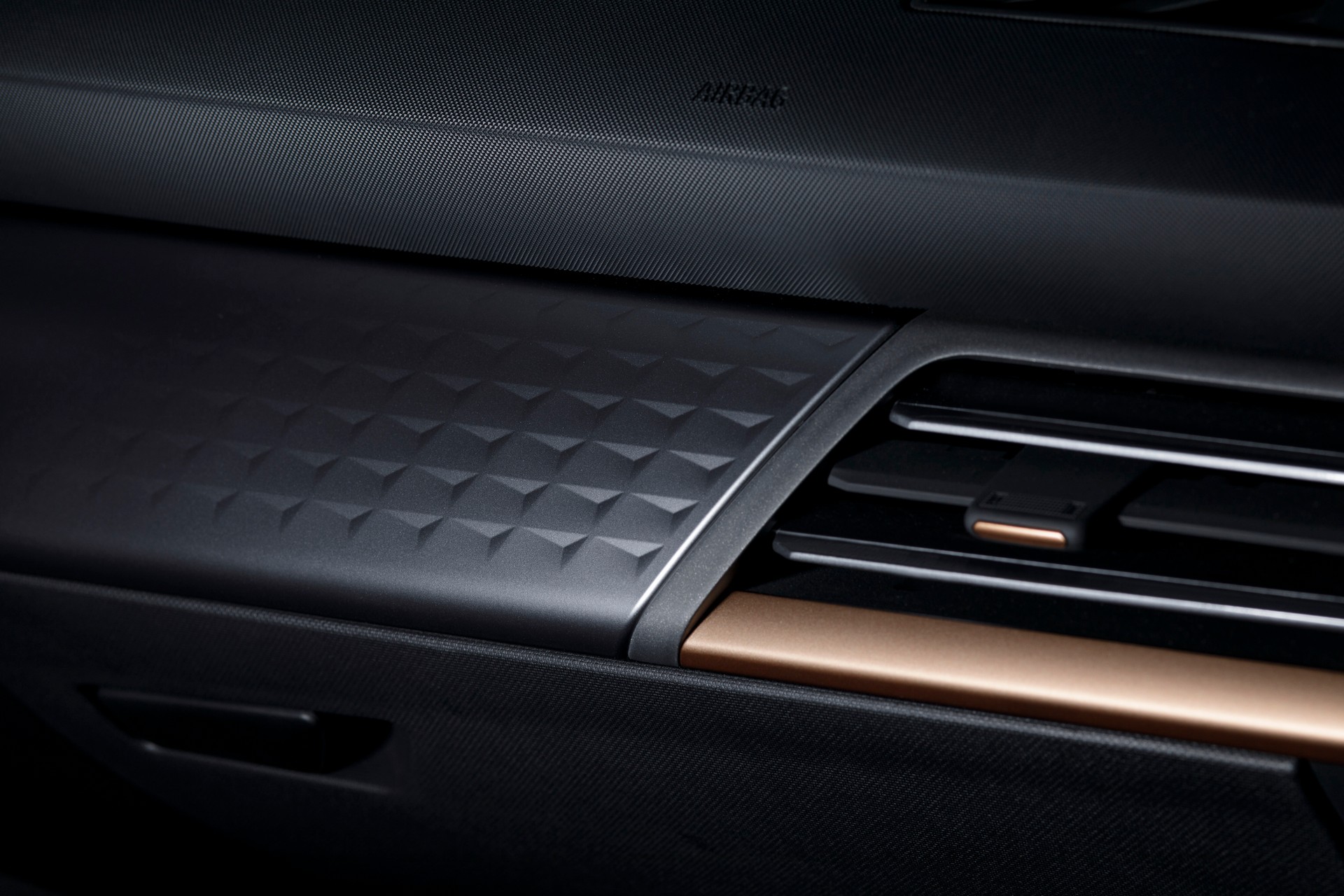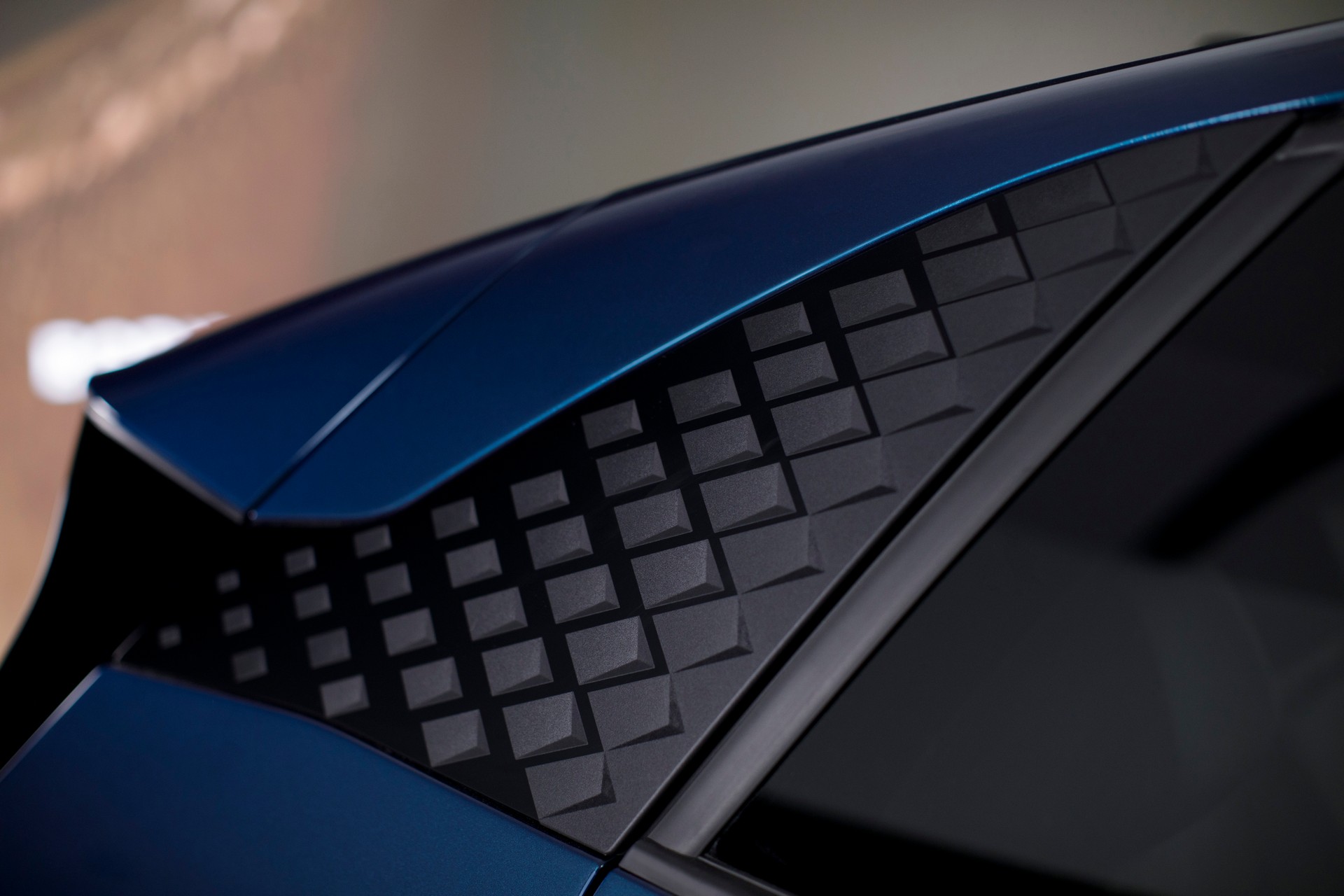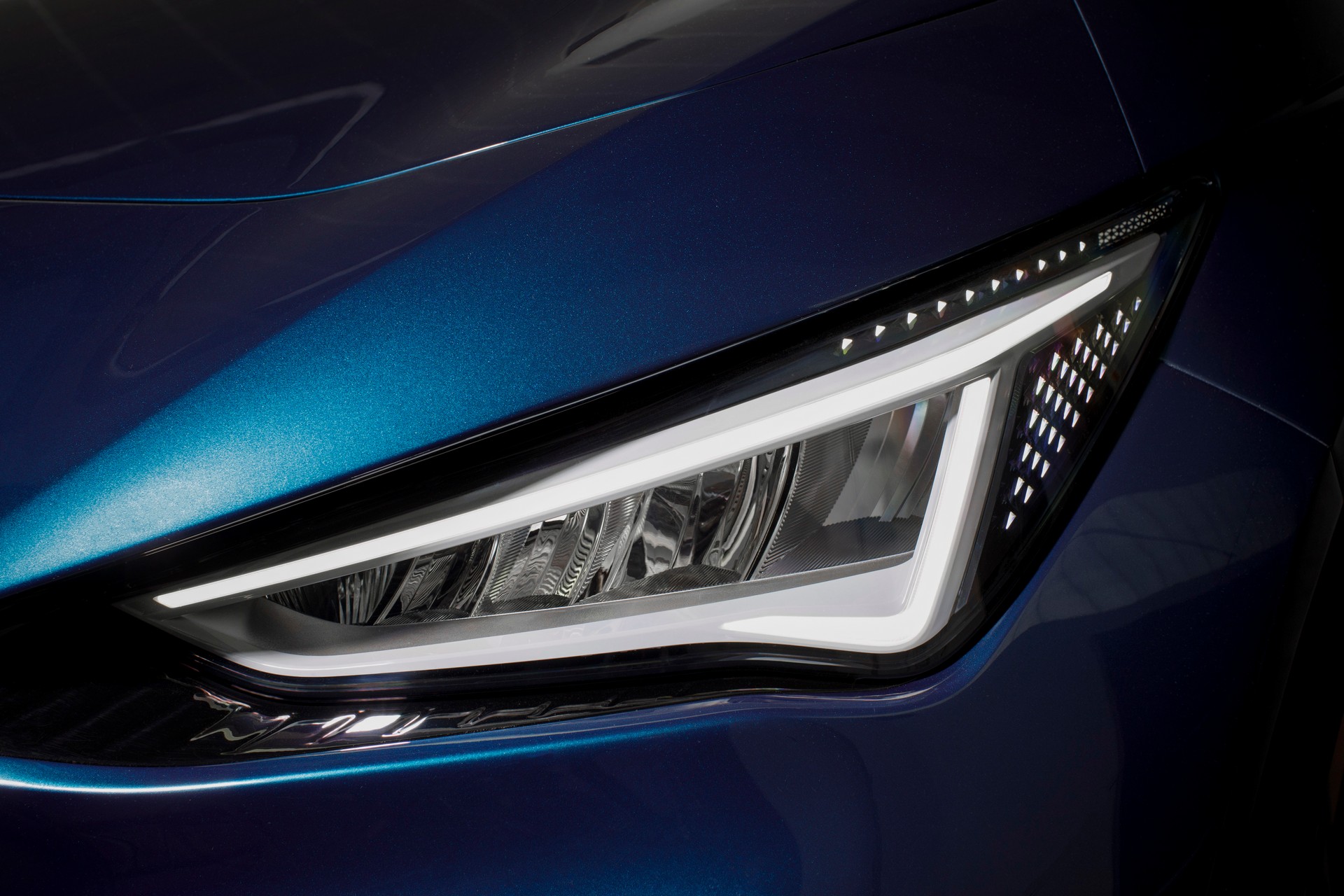Cupra has joined forces with Seaqual Initiative to implement recycled plastic into the Born.
The electric hatchback’s seats, with integrated headrests and side bolstering, are made of a recycled polymer fabric named Seaqual Yarn. The material is sourced from plastic extracted from oceans, seas, rivers and estuaries by Seaqual Initiative, who works with local communities, fishermen, authorities and NGOs to make the world a better place.
“With the Cupra Born, our first 100% electric vehicle, we’re entering a new electric era. The partnership with Seaqual Initiative to create the seats for this new model demonstrates that sustainability, innovation, and contemporary design are a perfect combination”, said Cupra’s Director of Strategy, Business Development and Operations, Antonino Labate. “Cupra is a brand that inspires the world from Barcelona, which is why we are committed to circular-economy projects and helping preserve a natural resource which is very close to us, the Mediterranean.”
Besides being their first EV, the Born is also the first Cupra to be delivered with a net CO2-neutral concept. The model is built at the Zwickau plant in Germany, which uses energy from renewable sources in the supply chain and raw material production. The Spanish company claims that the remaining emissions “are offset by environmental and project investments certified to the highest standards”.
The Born will celebrate its official premiere on May 25, but we already know that it will look like a more youthful variant of the platform-sharing Volkswagen ID.3, dressed in Cupra attire and sprinkled with the famous copper accents. Presumably powering a single electric motor in the rear-wheel-drive specification, the 77 kWh battery, sourced from the ID.3 Pro S, is understood to enable a 500-km (310-mile) range. More agile versions should launch later on.



